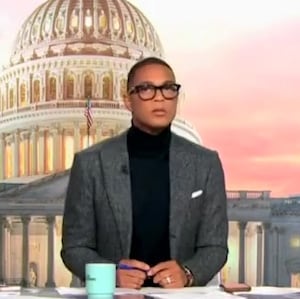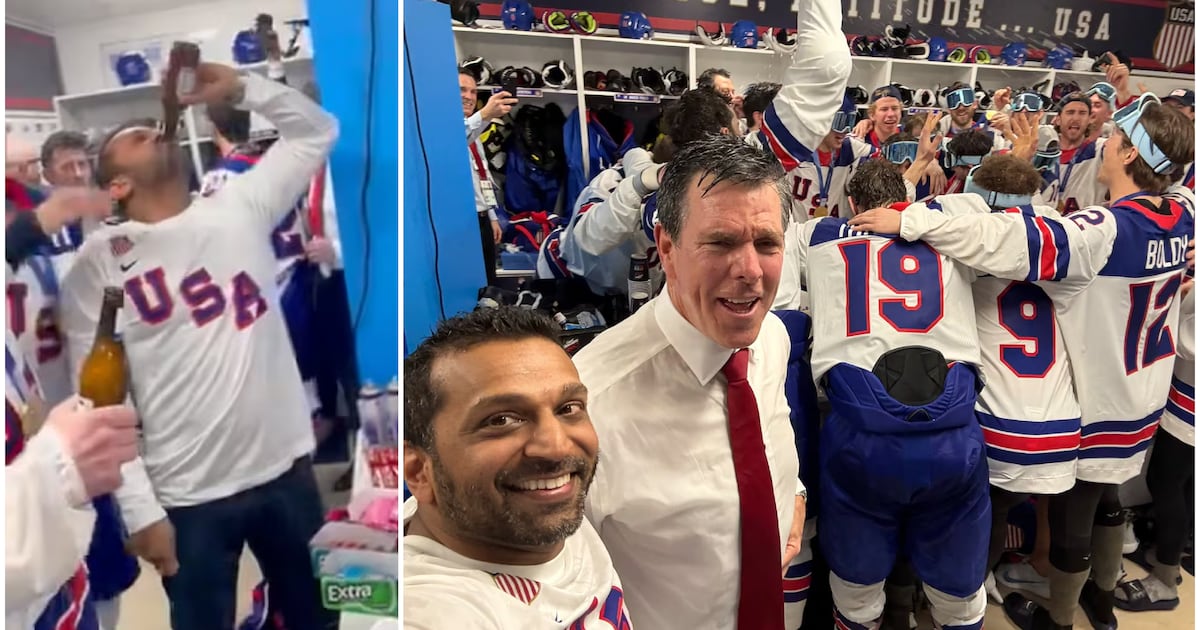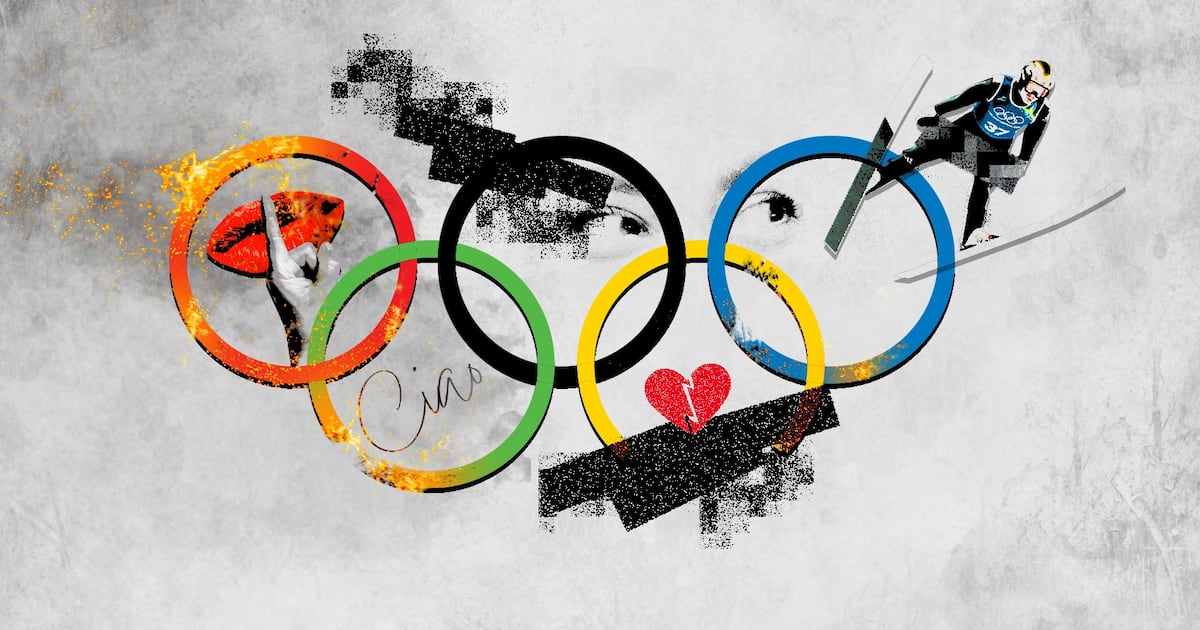Just a month into his new gig as a morning show host, CNN’s Don Lemon is already sparking controversy.
During Thursday morning’s broadcast of CNN This Morning, Lemon adamantly argued that the U.S. men’s national soccer team should get paid more than the women’s team despite their lack of comparative success, telling his female co-hosts Poppy Harlow and Kaitlin Collins that the men are simply “more interesting to watch.”
Needless to say, the conversation became increasingly uncomfortable as Collins and Harlow pushed back on Lemon—who insisted that he wasn’t being “sexist.”
Due to a new collective bargaining agreement between the United States Soccer Federation and the men’s and women’s unions, the women’s national team will make at least three times as much from this year’s men’s World Cup as they did for winning the 2019 women’s World Cup. That’s because the men, who advanced to the round of 16 with a win over Iran, are guaranteed at least $13 million in prize money.
Explaining the disparity in prize money for the two tournaments and the agreement to share earnings between the men’s and women’s teams, CNN data reporter Harry Enten also noted that the U.S. women’s team has been far more successful on the international stage than the men.
“The women’s World Cup titles—they have won four since 1991. The men’s World Cup titles? They have won zero since 1930,” Enten said. “So yes, the men’s tournament brings in more money, but when it comes to the U.S., I make the argument the women’s team is far more responsible for the boost in popularity in soccer.”
Lemon, however, immediately jumped in to “make the exact opposite argument,” acknowledging that “everyone is going to hate” him for what he was about to say.
“But the men’s team makes more money. If they make more money, then they should get more money,” the veteran CNN host stated. “The men’s team makes more money because people are more interested in the men!”
Cutting him off, Harlow replied she “has a big issue with this” before pointing out that the WNBA suffers from the same issue.
“There’s also more interest in the NBA,” Lemon interrupted.
“Hold on. Hold on! Until big media companies, Big Tech companies, advertisers, invest and put them on their airwaves more and allow people to see it more and gain more fans,” Harlow shot back as Lemon tried once more to interrupt. “Then you will push towards more equality. But if they are blocked in so many ways and not invested in as much, they don’t even have a chance.”
Lemon, meanwhile, asserted that he’s “not sexist” because he grew up in a “family of all women” before resuming his argument that the men’s soccer team was superior to their female counterparts.
“I understand what you’re saying. But not everybody, honestly, has the same skill. Not everybody has the same interest in the sport. I think the women should be paid more, I do,” Lemon declared.
“You’re right that not everyone has the same skills because the women have better skills,” Collins drolly fired back.
“Mic drop!” Harlow added.
“The women are better skilled against other women,” Lemon plowed through. “But if the women played the men, they wouldn’t be winning the way that they win.”
After Harlow said she was “not going to get into that argument,” Lemon supported his case that “people are more interested” in the men because whenever he goes to a sports bar, patrons will ask for a women’s game to be flipped over to a men’s sporting event.
“Guys, am I wrong?!” Lemon exclaimed at one point, seemingly addressing the production crew. “You cannot make people become interested in things they aren’t interested in!”
Even after Enten pointed out that the women’s soccer fanbase has been climbing exponentially in recent years, Lemon continued to argue that the men’s team should take the lion’s share of the World Cup earnings.
“So I’m saying they should get paid more money, but if there’s more interest in the men’s and more money is coming in in the men’s sports, those men are entitled to that money,” Lemon exclaimed.
“But I don’t think you’re looking at the root of the issue, which is why are people more interested in the men’s sports,” Collins wondered.
“Because it’s more interesting to watch,” Lemon proclaimed, immediately drawing the ire of the entire set.
“I’m kidding. That was a joke, I didn’t mean that,” he insisted as his colleagues objected to his remarks.
“That’s not true,” a perturbed Collins reacted.
“I take that back. I’m joking,” Lemon reiterated. Eventually, Enten related his experience watching the women’s exciting victory in the 1999 World Cup, adding that “there’s nothing more boring than watching the men’s U.S games” and “just because something makes more money, it doesn’t make it a better product.”
“Thank you, Harry,” Collins responded.
“It is exciting. I’m not saying it’s not more interesting to watch,” Lemon said, attempting to smooth things over. “That was just a joke. There’s more interest in the men simply because it is what it is.”
At this point, Harlow wanted to see if Collins wanted to get one final word in on this issue, only for Collins to say, “I would like to move on because I think we have a lot of news to get to.” Lemon, of course, didn’t want to drop it.
“This is a very important conversation, I think. You know, it’s about the dollars,” Lemon said.
“But it’s about the historical aspect of why men dominated sports and why people pay more money,” an exasperated Collins retorted.
“There’s more money in the men’s sport. It is what it is,” Lemon repeated.
“That’s the problem! That’s what we’re saying,” Collins concluded.








